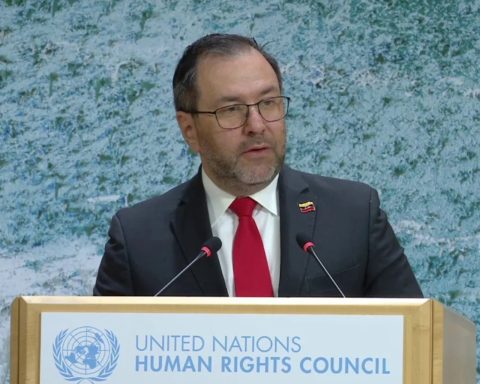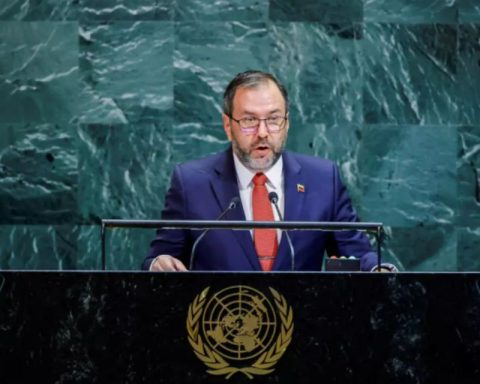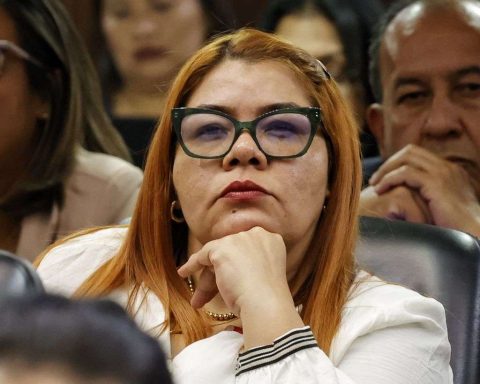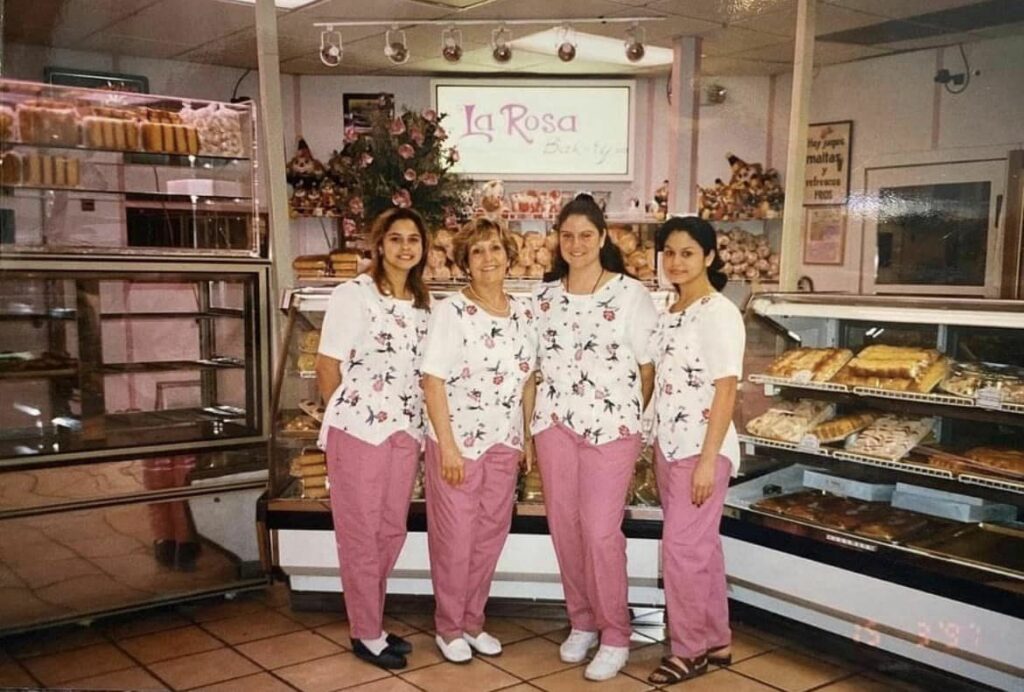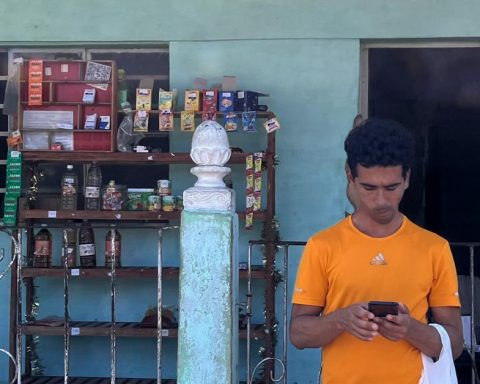A proposed regulation that will govern the primary elections was delivered by the National Primary Commission to the parties that would participate in the process, regulating details such as the type of vote to be chosen, the participation of Venezuelans abroad and the period in which that the votes will be totaled
The National Primary Commission published a Proposal for the Totalization, Challenges and Nullity Regulation of minutes and results in the Primary election scheduled for October 22, a document in which the use of the current Electoral Registry for voting abroad is proposed, together with an online update that would allow increasing the participation of 107,000 voters outside the country to 3 million.
This was detailed by Eugenio Martínez, a journalist specializing in electoral processes, when posting on his Twitter account the proposal for a regulation made by the National Commission for Primary Education.
“In relation to voting abroad, the National Primary Commission decided to use the current Electoral Registry, with 107,000 registered, and additionally carry out the online update for citizens registered to vote in Venezuela, but who are abroad, approximately about 3 million citizens,” he explained.
Despite this increase in the number of voters thanks to the Venezuelan diaspora that would participate in the process, Martínez clarified that the vote would not be applied in all countries and that it would be limited, during the primary process, to 72 cities in a total of 21 countries.
The selection of these cities was made taking into account the locations with the highest concentration of Venezuelans, according to official data from the immigration authorities of their respective countries, but also places that have good cross-border access and that have communities of Venezuelans with the capacity to organize.
In this way, at least for the primary process, one of the main complaints of the opposition to the National Electoral Council (CNE) would be fulfilled, which is not organized to enable voting abroad, especially considering that the Venezuelan diaspora reaches figures of up to 7 million Venezuelans who left the country.
The proposed regulation contains other details of vital interest for the primary day, such as the type of process that will be applied, since it emphasizes a manual system, but maintains ambiguities that leave the door open for an automated day with the assistance of the CNE.
“Although the National Commission for Primary Education does not specifically indicate whether the voting process will be manual or automated, the regulation proposal takes most of the elements that exist in the CNE regulations when it must go, by contingency, from automated to manual voting. “Martinez reasoned.
In mid-April, the CNE ruled out the possibility of offering technical support to the primary process if the automated fingerprint scanner system implemented by the governing body of the Electoral Power during the last electoral processes was not used.
* Also read: María Corina Machado calls to “save” the primaries from fingerprint scanners
However, article 3 of the proposed regulation raises the possibility of technical assistance from the CNE, indicating that the norms that constitute it “will be applied in each case, according to the nature of the vote”, not finally clarifying if it will be manual. or automated.
On the other hand, the document details that the totalization process will be carried out within 48 hours after the end of the voting act with the presence of the candidates’ witnesses.
Post Views: 3. 4. 5

